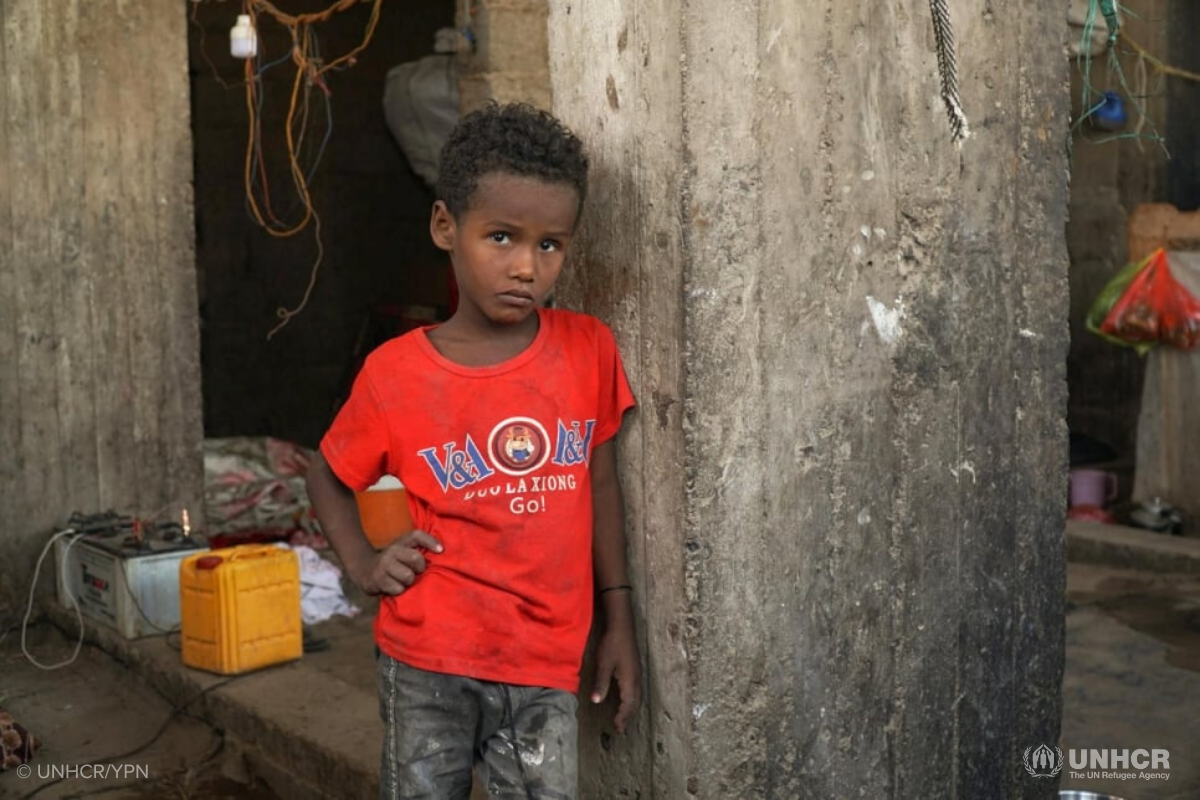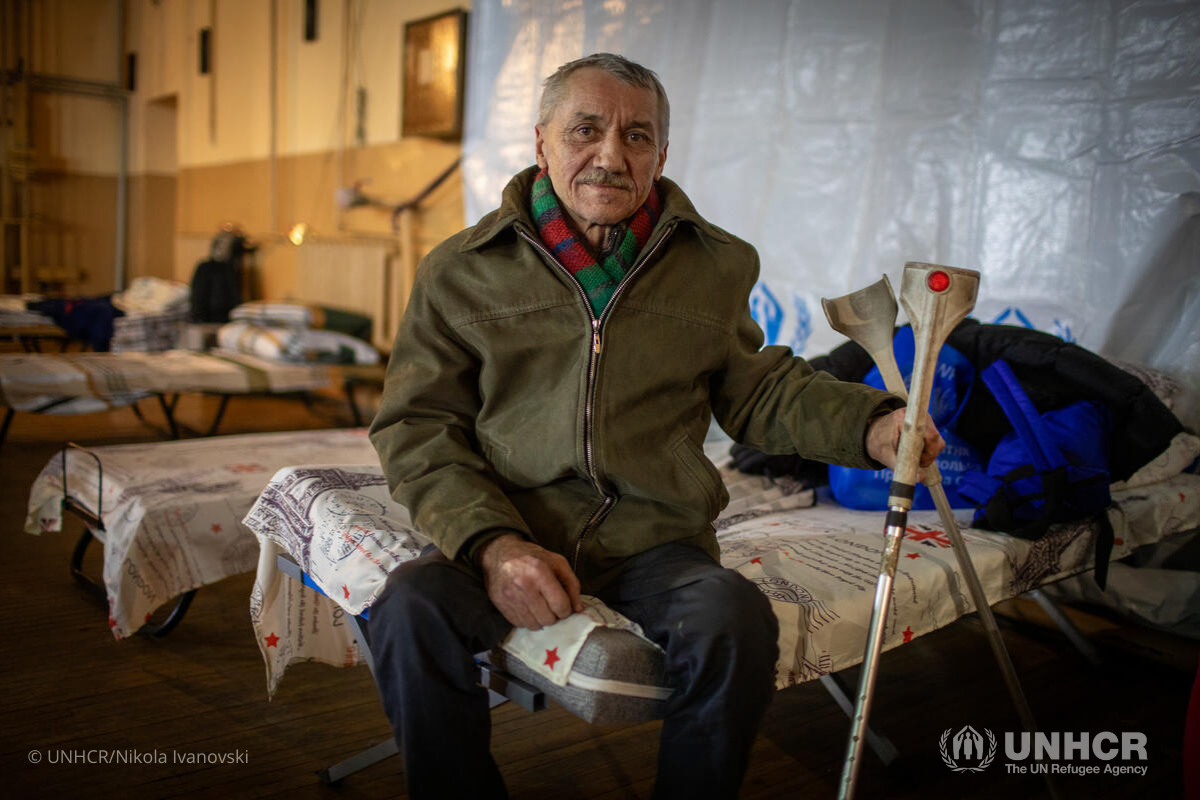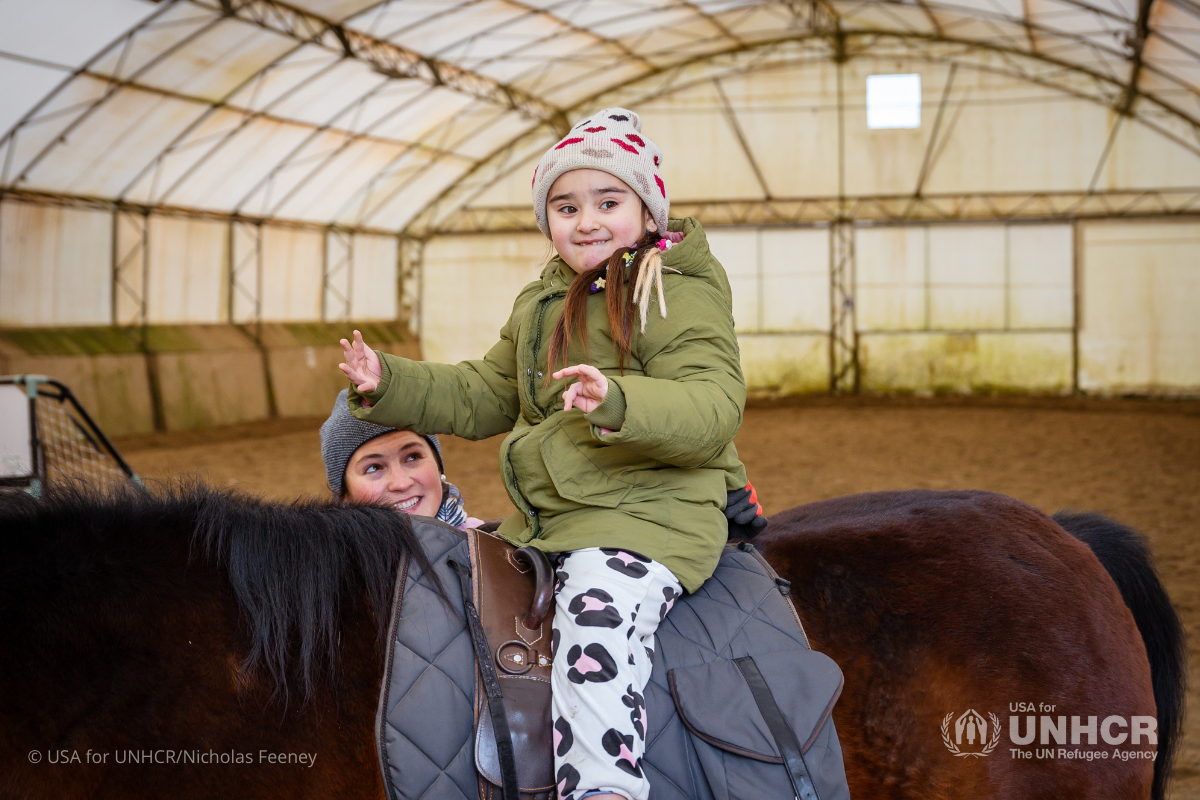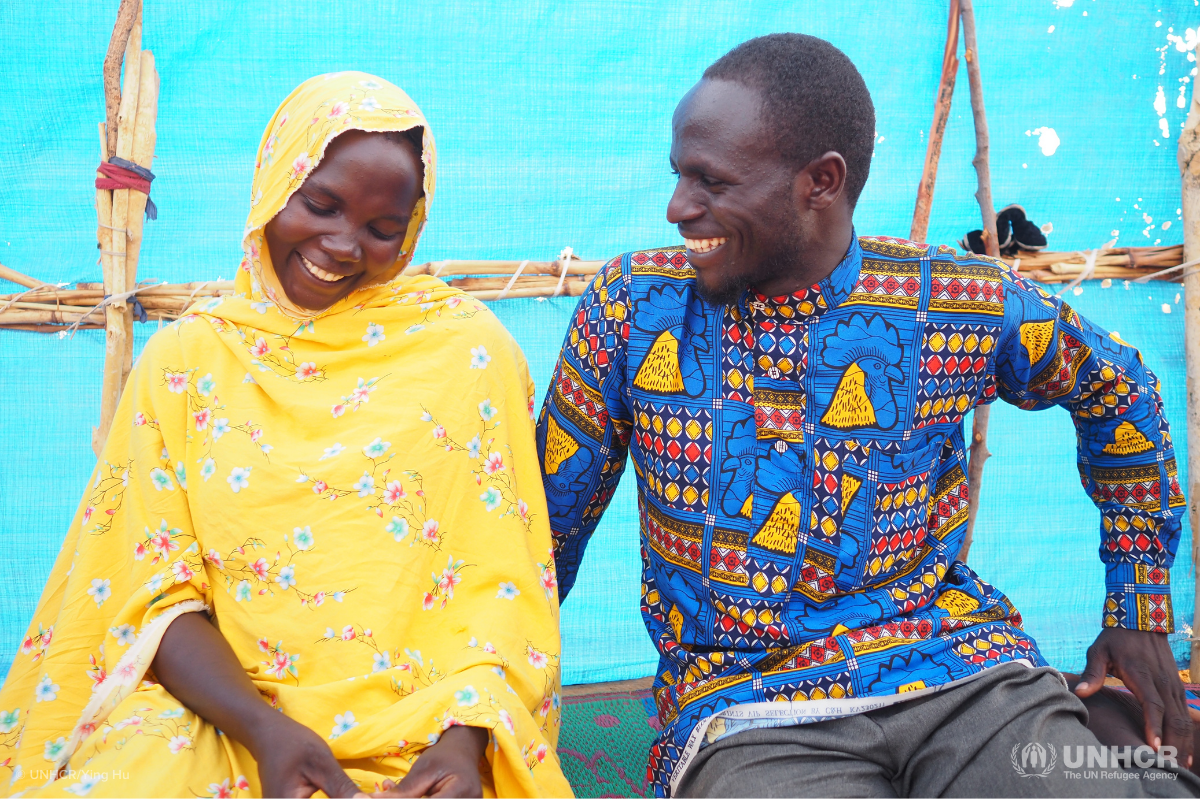UNHCR’s unprecedented US$700m funding gap spells catastrophe for millions

Geneva – Over recent months, funding shortfalls have forced UNHCR, the UN Refugee Agency, to make cuts to its lifesaving aid to refugees and other forcibly displaced people in a number of operations across the world.
Without an injection of at least US$700 million before the end of the year, UNHCR fears that the next round of cuts in assistance will be catastrophic for people in need.
Already, many operations have had to scale back essential programs to cope with tighter funding.
In Uganda, which is experiencing an Ebola outbreak, UNHCR is unable to procure enough soap and hygiene kits to help combat the deadly disease. In Chad, water supply in camps has been cut due to fuel shortages. In Lebanon, 70,000 extremely vulnerable refugee families no longer receive their safety net help from UNHCR.
“This is a real, immediate emergency call with people’s lives and livelihoods on the line,” said Dominique Hyde, Director of UNHCR’s Division for External Relations. “Needs are rising due to a confluence of war and violence as well as economic and geopolitical crosswinds. While donors have once again been generous, new wars – especially in Ukraine – and unresolved crises mean that funding is not keeping up with the needs of millions of the world’s most vulnerable people.”
The danger is that further cuts will push families to make irreversible choices such as taking on unmanageable debt, or sending children to work rather than school or, disastrously, offering a daughter for early marriage to reduce the numbers of mouths to feed at home. Desperation can also push families to embark on dangerous journeys further afield.
UNHCR is particularly concerned about the funding gaps in the Middle East as winter approaches. Further cuts in cash assistance will impact 1.7 million people in Lebanon, Jordan and Yemen, with thousands of families unable to cover the cost of heating or warm clothes.
The displaced in other countries will also suffer, as the unmet funding needs will result in cuts to services for rape survivors and care for mothers and babies in Ethiopia, or shelter for displaced people in the Democratic Republic of the Congo. The situation is also acute in countries like Bangladesh and Colombia.
“People forced to flee already pay the price for conflicts that have ravaged their homelands. Further suffering this year and next can be reduced with swift international action,” Hyde added.
While donors, especially private companies, foundations and individuals, have contributed record levels of funding to the agency this year, UNHCR has underlined that the ripple effects of the Ukraine crisis are affecting its ability to deliver equitably around the world.
Since highlighting the funding gap in 12 particularly underfunded operations earlier this year, UNHCR has received an additional US$400 million. This has been critically important to maintaining operations. Yet even with this injection of funds, needs continue to grow and the gap remains at US$700 million.
“I appeal to all donors to help us save lives by finding these resources in the coming days and weeks - millions of people depend on it,” Hyde said.
Originally reported by UNHCR.


